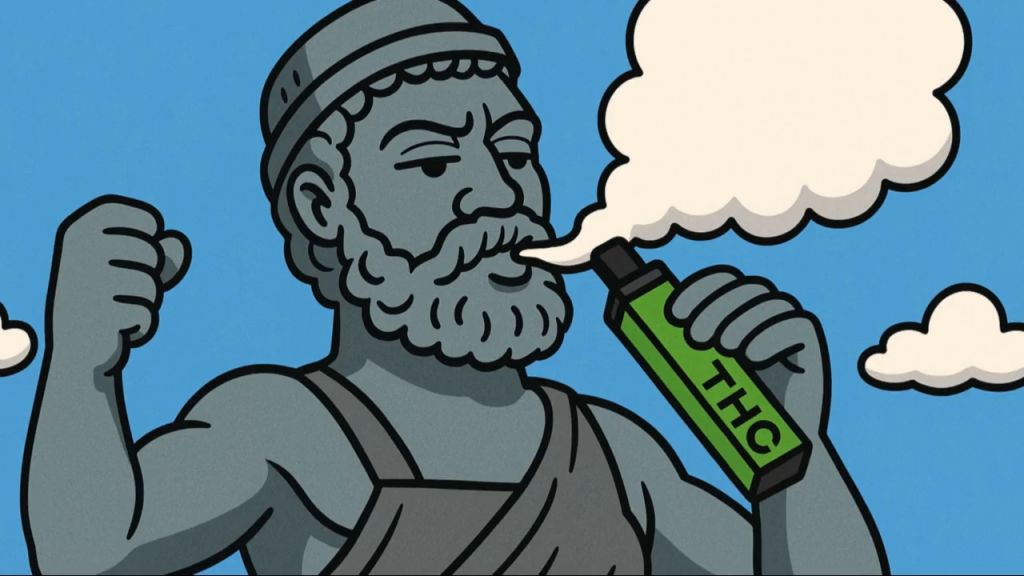
Did you win the recent Mega Millions or Powerball $400 million jackpots? If not, perhaps you are lucky, since big jackpots often make people miserable. The “lottery curse” and related research findings suggest that perhaps we should rethink our economic priorities.
We all know what we would buy with some extra money, so a big jackpot presumably would be much better. Furthermore, the rich and famous look to be having lots of fun. So winning millions should be great, right?
And yet many lottery winners end up destitute, in prison, or dead. Although the murders are tragic, I am more interested in the personal or financial wounds lottery winners experience. Cases like Mr. Jack Whittaker, who won $315 million in a West Virginia lottery in 2002. Four years later, Mr. Whittaker was bankrupt, and his daughter and granddaughter died of drug overdoses. In an interview, Mr. Whittaker said that he wished he had thrown the winning ticket away.
Additional sad stories abound. Yet with lottery jackpots every week, there are thousands of winners. Dozens of sad stories do not demonstrate a pattern. Research on lottery winners reveals some interesting results.
For example, many lottery winners do not go on wild spending sprees. Winners most commonly purchase houses and cars, and give significant amounts to their children and churches. Half or more of winners keep working, although this depends on the winner’s job. Winners with low paying, low skilled jobs are more likely to quit, while professionals with rewarding jobs frequently keep working.
Surprisingly, however, lottery winners are not significantly happier than control groups. In happiness research, people answer a question of the form, “Overall, how happy are you in life?” on a numerical scale. Lottery riches do not raise these scores.
Cross-country happiness research additionally finds that the richest nations are not the happiest. Prosperity and happiness are correlated, but at a reasonably high level of wealth, more money does not increase happiness.
These findings suggest that perhaps economic growth should no longer be an important goal for our economy. To appreciate the current importance of growth, the lack of a year with three percent growth under President Obama has caused great concern. And the recent Republican tax reforms were sold as potentially spurring growth.
Deemphasizing growth could have numerous implications for policy. High marginal income taxes on top earners are currently viewed as reducing work effort and slowing growth. But if some people pursue raises at the expense of life balance and happiness, the high tax rate could increase happiness by making raises less rewarding.
The “lottery curse” and happiness research do not, I think, justify a rethinking of economic policy. Psychologists recognize that people adjust their baseline after improvements. We quickly take smart phones and flat screen TVs for granted. We often fixate on that next thing we want. Answers to happiness surveys likely reflect the frustrations without adequate contemplation of the values. And even if new products quickly get taken for granted, going back to old ways may be quite unpleasant.
Most of us recognize that money is just a means to an end, and that having more money does not automatically make us happier. Money cannot tell us what will make us happy. And we appreciate the numerous tradeoffs between money and happiness. High paying jobs often involve lots of time, travel, and stress, which can impact an entire family. Many people pass up a high salary for a job or a lifestyle of their choosing.
A free economy and society enables human happiness. Economic freedom allows us to make decisions about things that matter. It is the freedom to earn a living in whatever field we choose, to start a business, live where we want, and even make less money.
It is not a coincidence that the Declaration of Independence included the “pursuit of happiness” among our fundamental liberties. No one or thing can give us happiness, even Powerball. Perhaps lottery jackpots, though, can help us relearn a lesson America’s Founders knew long ago.
Daniel Sutter is the Charles G. Koch Professor of Economics with the Manuel H. Johnson Center for Political Economy at Troy University.












